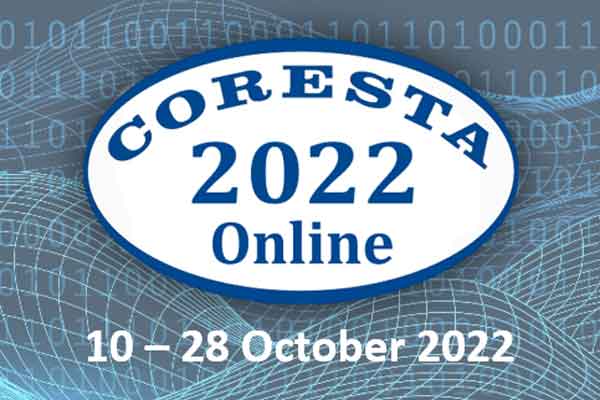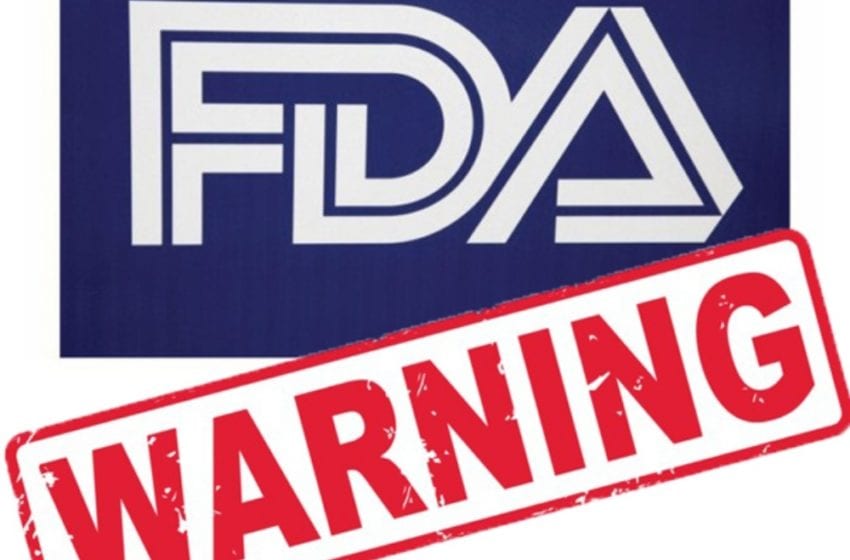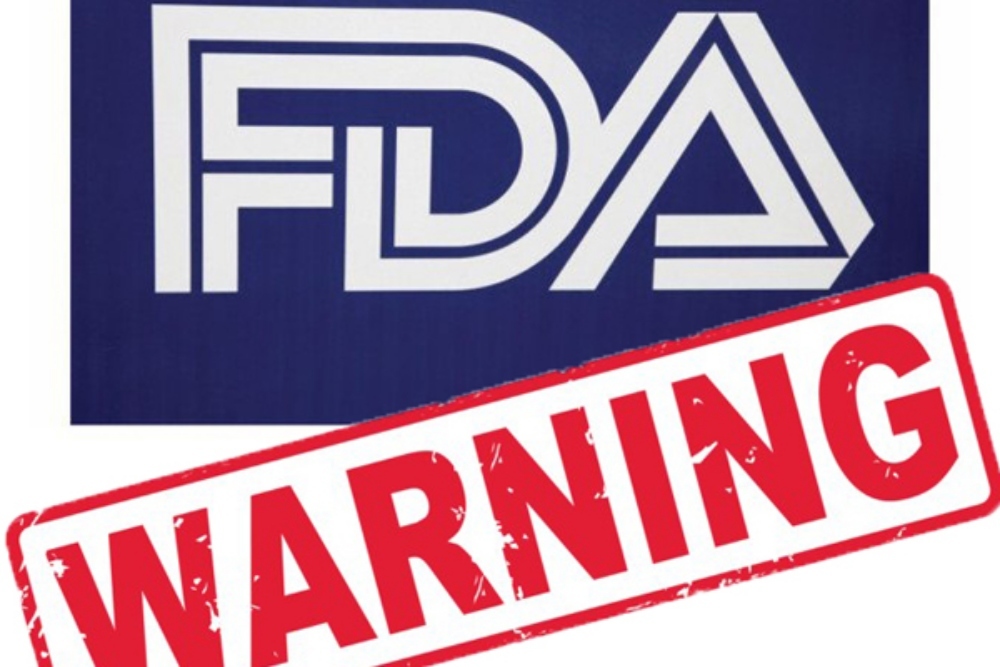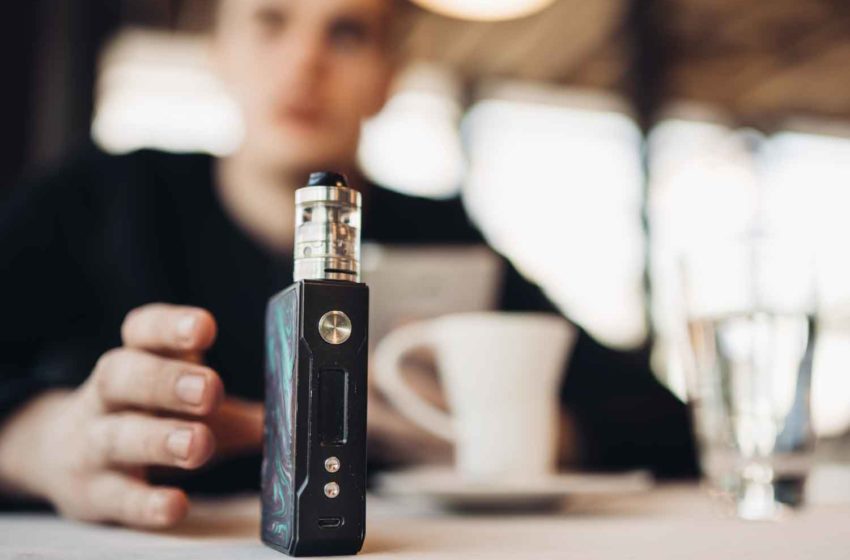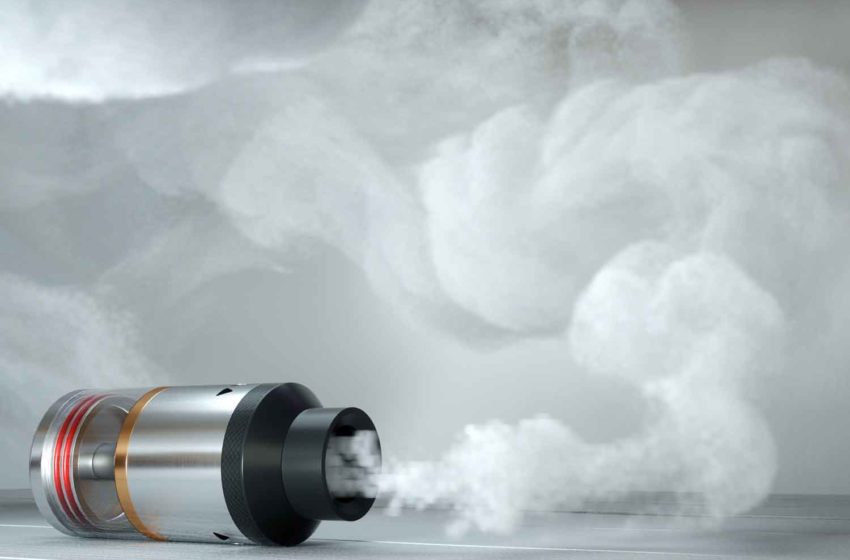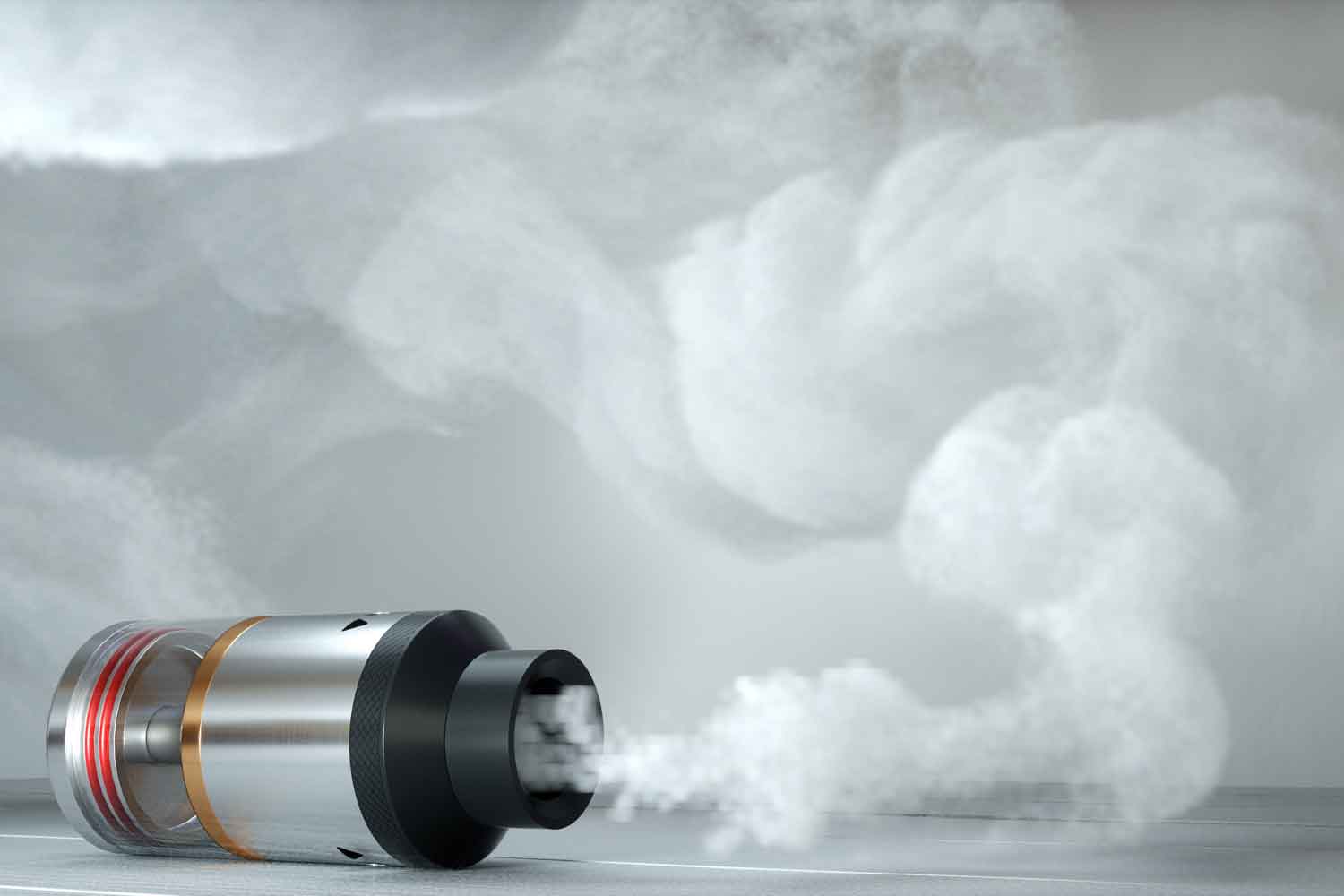The U.S. Food and Drug Administration on July 13 sent its first warning letters to manufacturers for unlawfully marketing non-tobacco nicotine e-liquid products without the required authorization.
In March, President Joe Biden signed into law a spending bill [the Act] that gives the FDA authority over synthetic nicotine. The provision took effect in April and gave manufacturers until May 14, 2022, to submit premarket tobacco product applications (PMTAs) to the FDA.
Products that did not receive marketing authorization by July 13, 2022, are considered illegal and must be removed from the market.
Since no authorizations have been granted as of today, many industry experts question whether the FDA will use its enforcement discretion to continue reviewing PMTAs.
In a recent op-ed, Tony Abboud, president for Strategic Government Solutions, and executive director of the Vapor Technology Association (VTA), stated that the FDA should use its enforcement discretion for synthetic products that have submitted PMTAs.
“In a series of direct engagements with FDA since the passage, the VTA has provided a complete set of scientific and policy justifications for synthetic nicotine products, and specific recommendations on how FDA should use its enforcement discretion – just as it has in the past – to allow synthetic nicotine products to remain on the market during the PMTA review process,” explained Abboud.
The recipients of the FDA’s first warnings letters, AZ Swagg Sauce and Electric Smoke Vapor House, have listed a combined total of approximately 10,000 products with FDA. Neither company submitted a premarket application for its non-tobacco nicotine products by the deadline, according to the FDA.
In addition, the FDA issued 107 warning letters to retailers in the last two weeks for illegally selling non-tobacco nicotine products, including certain e-cigarette or e-liquid products, to underage purchasers.
“FDA has been fully committed to actively implementing this critical new law regulating non-tobacco nicotine products since its passage, and the warning letters announced today are just the beginning of our compliance and enforcement actions” said Brian King, director of the FDA’s Center for Tobacco Products, in a statement. “In the coming weeks, we will continue to investigate companies that may be marketing, selling, or distributing non-tobacco nicotine products illegally and will pursue action, as appropriate.”
The FDA says it is currently processing applications for approximately 1 million non-tobacco nicotine products submitted by more than 200 manufacturers by the May 14, 2022, deadline.
“FDA is working diligently to process the substantial number of applications submitted and, as always, will make marketing decisions based on the best available science and will pursue compliance and enforcement actions when warranted,” said King. “We remain fully committed to taking whatever steps are necessary to protect the public health and to provide timely updates on our ongoing progress regulating non-tobacco nicotine products.”
 Registration has opened for the 2022 Coresta Congress Online.
Registration has opened for the 2022 Coresta Congress Online.
